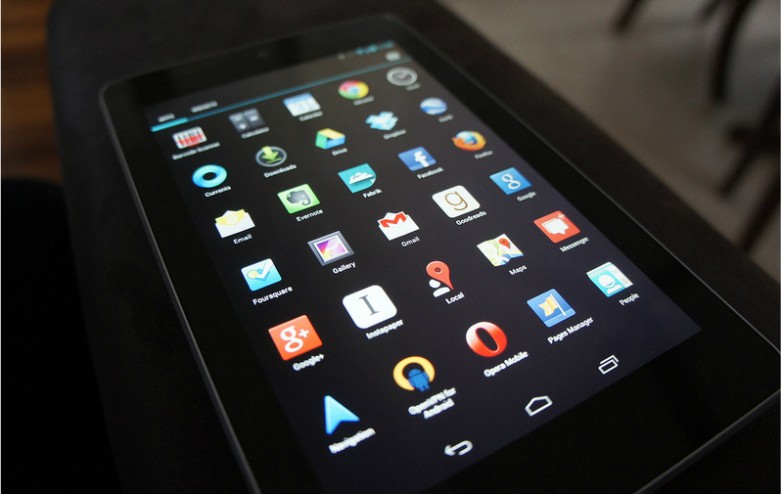
Hey, Verizon: Don't Mess With Jeff Jarvis
Verizon picked a fight with the wrong person.
Jeff Jarvis, director of CUNY’s Tow-Knight Center for Entrepreneurial Journalism, is a prominent blogger, podcaster and author of a number of books on the future of journalism and the Internet.
This week, when Verizon refused to activate his new Nexus 7 tablet, Jarvis knew just how to respond. He also knew Verizon’s foot dragging violated the rules that govern the company’s 4G/LTE mobile broadband service — or more precisely, the openness commitments that Verizon made in return for the right to use the public airwaves and provide that service.
So Jarvis took his case to Twitter. He tweeted at Verizon’s customer support account and then turned to Verizon’s corporate communications office. After a series of unhelpful responses, he blogged about his experiences. He then took his complaints to the Federal Communications Commission.
Free Press has been down this road with Verizon too, filing complaints about the same sort of violations. Our complaints and others ultimately led to Verizon promising, in July 2012, not to break these rules anymore — and making a $1.25 million “contribution” to the treasury in lieu of an official fine.
Yet here it is, testing the limits of those commitments once more.
What exactly are these openness commitments? Most of us are used to phone-company tactics that force subscribers to buy phones and tablets straight from the carrier. This isn’t the way the world works with other technologies. Imagine being told that you had to buy your laptop from Comcast if you wanted it to work on your home Internet connection. But that’s the way that wireless has worked for too long.
The FCC tried to give users more control in 2008, putting conditions on Verizon’s use of a huge swath of the public airwaves used to power its network.
Here’s the language Verizon agreed to about keeping that network open:
Licensees … shall not deny, limit, or restrict the ability of their customers to use the devices and applications of their choice.
So in much the same way that the electric company can’t tell you what kind of TV you can buy and plug into your home outlet, Verizon shouldn’t be allowed to tell you what apps and devices you can use on its network. This is a critical protection — giving people more choice in the marketplace while fostering innovation and competition.
Jarvis’ case echoes one that Free Press brought over the same kind of rule-breaking.
Back in 2011, Verizon was caught blocking tethering applications, which allow people to use their phones as mobile hotspots and access the Internet on their computers via Wi-Fi. It’s a simple idea: You paid for the data, and you should be able to use it anyway you want, and on any device you choose.
Like Jarvis, we filed an FCC complaint, and in late 2012 the FCC made Verizon stop blocking tethering applications, and made it stop charging people twice for the same data.
Verizon is working hard to undermine openness not just on wireless devices but across the Internet. In court last week, Verizon argued that it should be allowed to edit the Internet — blocking sites if it wants, or making them pay more to reach Verizon customers.
It’s all part of Verizon's campaign to undermine the FCC’s authority to protect consumers online. This is like Exxon saying the Environmental Protection Agency lacks the authority to stop polluters from destroying the environment.
Jeff Jarvis has filed his complaint about Verizon’s blocking. It’s now up to the FCC to stop Verizon’s latest assault on open networks.
Original photo by Flickr user Ashkyd